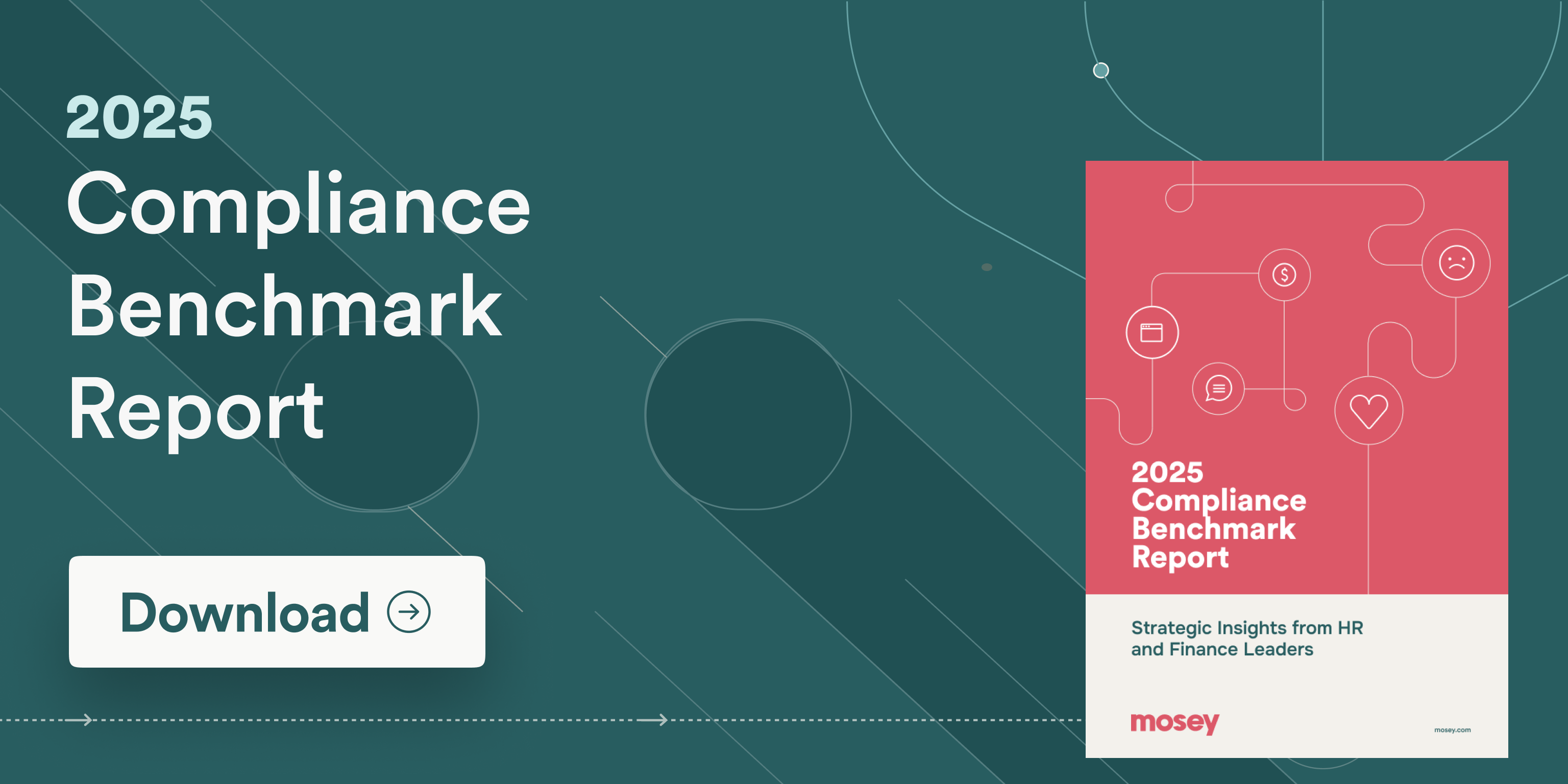Annual reports filed with the Secretary of State in Oklahoma are official documents that provide a comprehensive overview of a business's financial performance, operations, and activities over the past year. These reports are required by law and serve as a way for businesses to communicate important information to stakeholders, investors, and the public.
There are 2 different ways to file an annual report in Oklahoma depending on your legal entity type and tax classification. Follow the guide below to help you file your annual report with the Secretary of State in Oklahoma or use Mosey to do it.
Use Mosey to automate annual reports in Oklahoma.
Avoid the hassle of doing it yourself and use Mosey to automate foreign qualification, annual reports, and registered agent service.
Oklahoma Annual Certificate for Professional Corporation, Corporation
Foreign corporations in Oklahoma with a total authorized capital (TAC) exceeding $300,000 must file an Annual Certificate and pay the filing fees to the Secretary of State by their registration anniversary date. The agency will send the Annual Certificate to the business two months before the due date. Note: The form is not available online. The filing fee is a minimum of $10. If the amount of capital invested in the state, as filed in the certificate, exceeds the amount previously paid upon, an additional fee of one-tenth of one percent (0.1%) of the excess capital must be paid.
Complete and File Annual Certificate
After receiving your Annual Certificate form from the agency, complete the form and mail it back to the Oklahoma Secretary of State.
Oklahoma Annual Certificate for LLC
If you are registered with the Oklahoma Secretary of State, you are required to file an Annual Certificate with the Secretary of State on the anniversary date of your registration.
File Annual Certificate
Visit Oklahoma Secretary of State On-Line Services to file your Annual Certificate online.
What else do I need to know?
There may be additional things you will need to do to maintain your "good standing" in the state including having a registered agent and other kinds of taxes.
Maintaining a Registered Agent
Most states require that you have a registered agent that can receive important mail from the Secretary of State should they need to contact you. There are many commercial options available or you can use Mosey to be your registered agent and keep your information private in Oklahoma.
Other Taxes
In addition to maintaining a registered agent, maintaining your good standing can include additional taxes. This can include franchise tax, sales tax, or other state taxes. You can use Mosey to identify these additional requirements to maintain good standing in Oklahoma.




